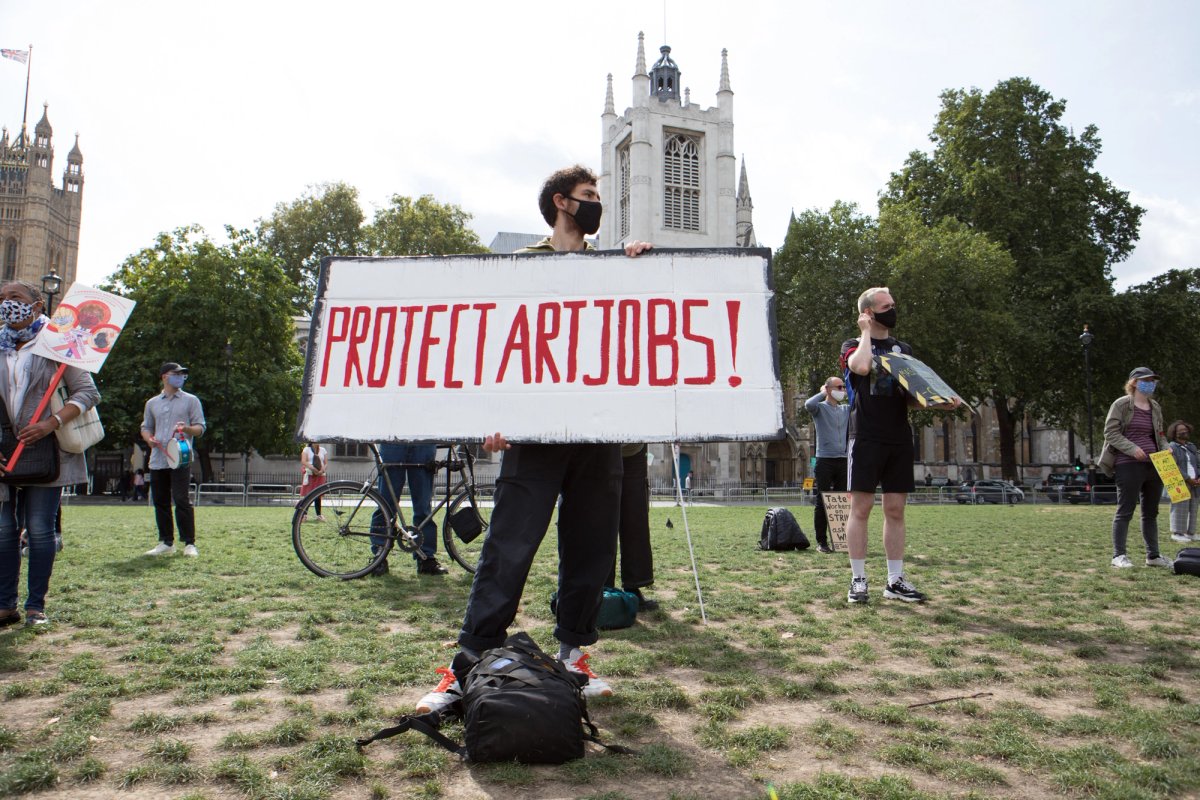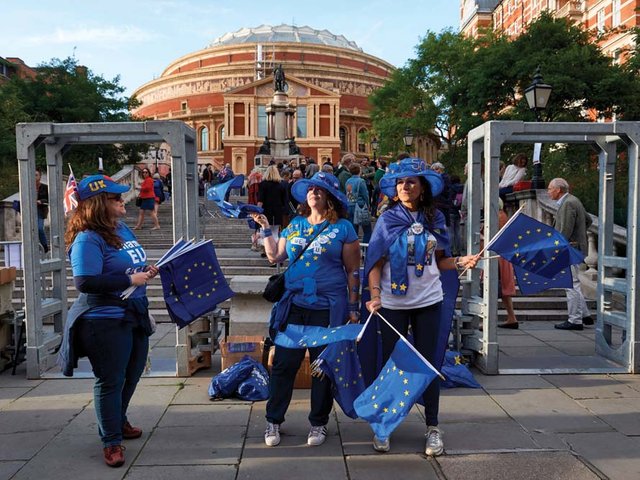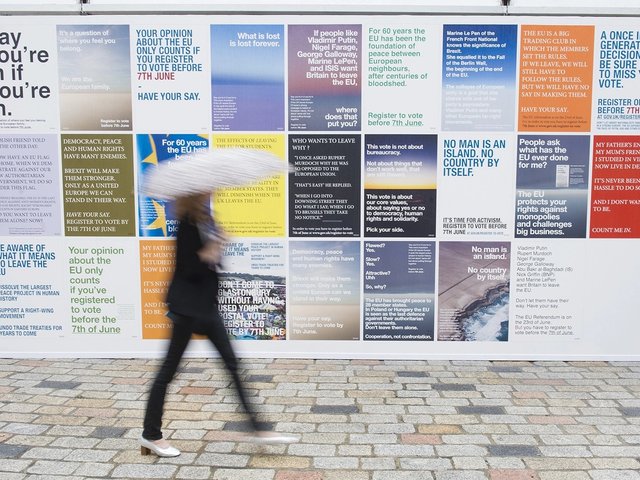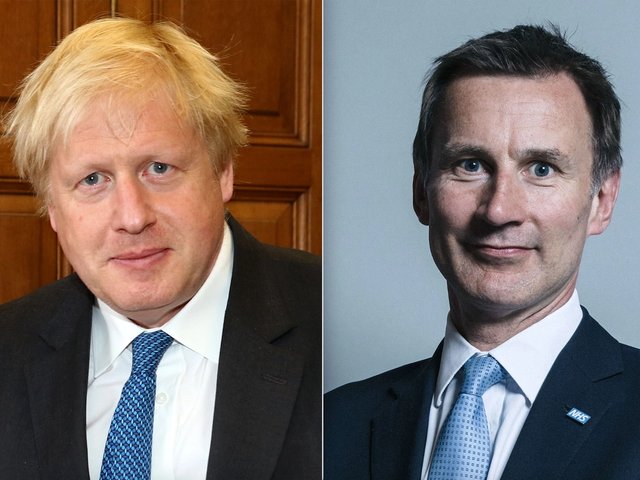I’ll start with a few stories from one year, 2016, the inglorious coming of Brexit and Trump.
In January, I was in Downing Street for a chat with a group of the Prime Minister David Cameron’s advisers about doing more to put the creative industries centre stage of government policy. I was preaching to the converted. The Cameron-Osborne regime was on top of the brief. By the standards of British governments, particularly Conservative ones, this was a golden era, albeit a brief one. Having set up the Creative Industries Federation (CIF) less than two years earlier, I was in and out of Number 10, as were others from the arts.
By way of pre-meeting friendly small talk, one of Cameron’s advisers said to me: “I had another bunch of luvvies in earlier.” I bridled at his use of the word. With hindsight, I think I was being a little precious. I now understand why he used it so nonchalantly, but not malevolently, and why the sector still plays to the caricature.
How easy it is for Boris Johnson and his populist culture warriors to pick a fight with ‘woke’ folk
In autumn of that year, as the cultural world was reeling from the outcome of the Brexit referendum, we hosted an event with Grayson Perry. Although he was on the “correct” side of the Brexit fence, Grayson asked this of his audience: “Hands up any of you who have commissioned or created any work that might be regarded as right-wing? Anyone sung the praises recently of immigration controls?” Raised hands there were none. Naturally. Nobody in their right mind would have dreamed of doing such a thing.
EU solidarity
In January 2017 (I slip into the following year by just a few days) at the federation’s annual gala—extraordinary gatherings they were, a moment in time—one of the keynote speakers was London’s mayor Sadiq Khan. The audience at the Design Museum had been reminded by other speakers that 96% of CIF members had voted in a membership survey to remain in the EU. The mayor joked: “I want to know who the other 4% were!” Everyone clapped and jeered in solidarity.
Anecdotes don’t make for a thesis, but they do help illustrate trends. I am passionate about the disaster that is Brexit, the egregious act of self-harm to our economy and national psyche. I will take that view to my grave; unlike some I know, who seem reconciled to the outcome, I believe habituation and ingratiation is something people did in the 1930s.
I too have, I hope, all the “correct” liberal values, on internationalism, diversity and other issues. The arts sector does too, almost without exception. Is this near unanimity a problem? The answer to that question lies in how you arrive at your politics.
The real problem with the arts sector is that it doesn’t get out much. It mixes largely in a hermetically sealed bubble of like-minded individuals, and that isn’t just confined to London. Gatherings in Manchester and Glasgow did not contain, from my experience, a greater variety of political opinion.
The charity sector isn’t much different. When I was running the freedom of expression organisation Index on Censorship, I used to bring into the office that morning’s edition of the Sun or the Daily Mail. I did this partly in jest, partly to make the blindingly obvious point that there are other world views and people should understand them better, even if it is only a case of knowing your enemy.
Fast forward to now: how easy it is for UK Prime Minister Boris Johnson and his populist culture warriors to pick a fight with “woke” folk. He has his lines served up to him on a plate.
Britain is ill at ease. Most democratic countries are going through similar ructions, expressed through their own individual circumstances. The so-called “culture war” is part manufactured by conservatives to produce false juxtapositions and accentuate divides; it is part real.
Shrill and timid
More than any part of society or the economy, the arts sector is spectacularly inept at fighting political battles. It manages the feat of being shrill and timid at the same time.
Consider this: fishing, which was central to the Brexit negotiations, is worth around £1.5bn to the UK economy. That is equivalent to the audio-visual sector, a sub-sector of a sub-sector of the £100bn creative industries, which is now condescended to as an afterthought.
If the cultural world wants to ensure a more open, enlightened and fair Britain it needs to fight for it, smartly and sometimes dirtily. It needs to engage tenaciously with people it doesn’t agree with. If it doesn’t, then it can whistle in the wind. The politicians may smile, tell artists how wonderful they are and give them gongs; but they will not be listening.
• John Kampfner is an author and broadcaster, and founding chief executive of the UK’s Creative Industries Federation





